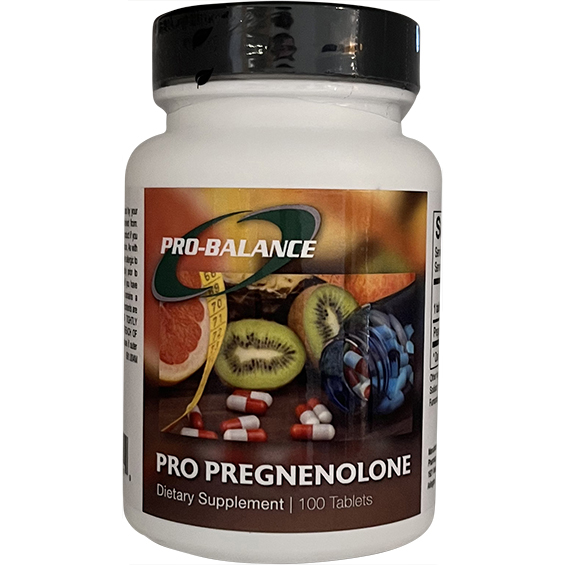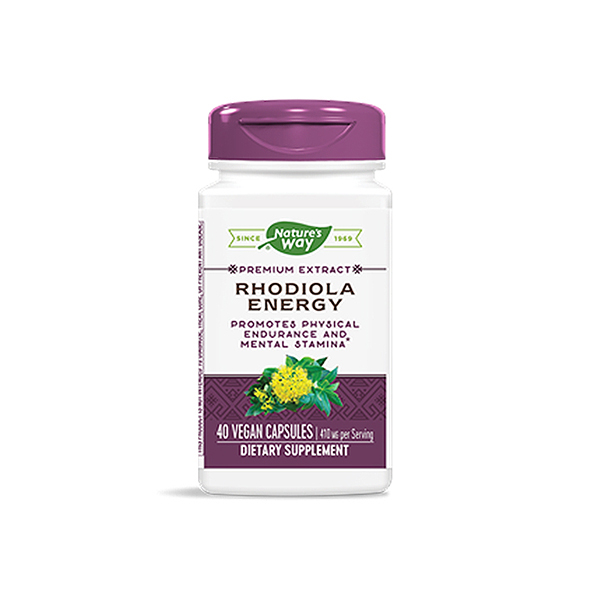Adrenal Fatigue – How Do You Know?

Spring Cleaning for Your Health: Renew, Refresh, Rejuvenate
Discover the transformative power of spring cleaning beyond just tidying up your space!

Beyond the Plate: National Nutrition Month 2024
Unlock the secrets to holistic nutrition and embrace a healthier lifestyle during National Nutrition Month®.

Mastering Mealtime: Build A Balanced Plate
Discover how to build a balanced and nutritious plate for optimal health and wellness.

Empowering Hearts: The Significance of Wear Red Day
Embrace the power of red this February – not just for love but for heart health.

Adrenal Fatigue – How Do You Know?
Adrenal fatigue is an incompletely understood condition characterized by a range of symptoms, all of which could be the result of something else. Of course, this makes the condition hard to diagnose, and in fact some physicians do not think the condition even exists at all. However, Adrenal Insufficiency is a well-known condition, and is thought to be the most severe form, whereas adrenal fatigue is thought to be the process which leads to full-blown adrenal insufficiency. The adrenal glands produce multiple hormones, but the primary one involved with adrenal fatigue is low cortisol. The most common symptoms of low cortisol are: fatigue and various food cravings such as salt and sugar. Less common, but certainly not rare symptoms associated with adrenal fatigue would be: difficulty awakening after a night’s sleep (probably due to poor sleep quality), inability to handle physical or emotional stress, a tendency to over-use stimulants like caffeine, a weakened immune system, low libido, and weight gain.
Cortisol is the hormone our bodies make daily to help us cope with stressors. For a person with little or no stress, the levels of cortisol are low all night long to allow restful sleep, and then in the early morning, cortisol is released by the adrenal glands. The level goes high then slowly recedes during the day, a process known as a “diurnal rhythm”. This is normal, but it is also normal for this person to have an elevation of cortisol during the day if there is some acute stressful event. After the stressful event is resolved, the cortisol returns to the normal diurnal rhythm. But what happens if the stress is chronic? Chronic stress could result from a chronic illness, a terrible job, or anything else that never goes away. In addition, some people are so sensitive their bodies can perceive something as simple as not eating breakfast daily as chronic stress since this leaves the body with no intake of food for over 12 hours.
One of the reasons some physicians have difficulty believing this condition even exists is that the measurement of cortisol has been difficult to do in a meaningful way. A serum cortisol level would have to be drawn multiple times in a day to track how close the patient is to the diurnal rhythm since the normal level varies
by time of day. It is difficult to get 4 or more blood draws in the same day to measure cortisol or have a patient collect all of their urine for a specified time period. Salivary testing is a more convenient, more accurate and cost-effective way to check for the diurnal cortisol rhythm. The patient merely collects a small saliva sample at 4 specified times during the day, and the levels are measured by a lab. The pattern shown from the levels at different times of the day can determine if you have adrenal issues.
Pharmacy Solutions offers Pro-Pell, a bioidentical hormone replacement treatment (BHRT) pellet program for men and women. Pro-Pell relieves the symptoms of hormone imbalance, with a safe, effective, and natural remedy. Pellets are the most natural way to deliver hormones for men & women. Implants consistently release small physiologic doses of hormones, avoiding the fluctuations of hormones seen with some other methods of delivery. If you are experiencing adrenal fatigue, Find A Provider today!
Related Products












